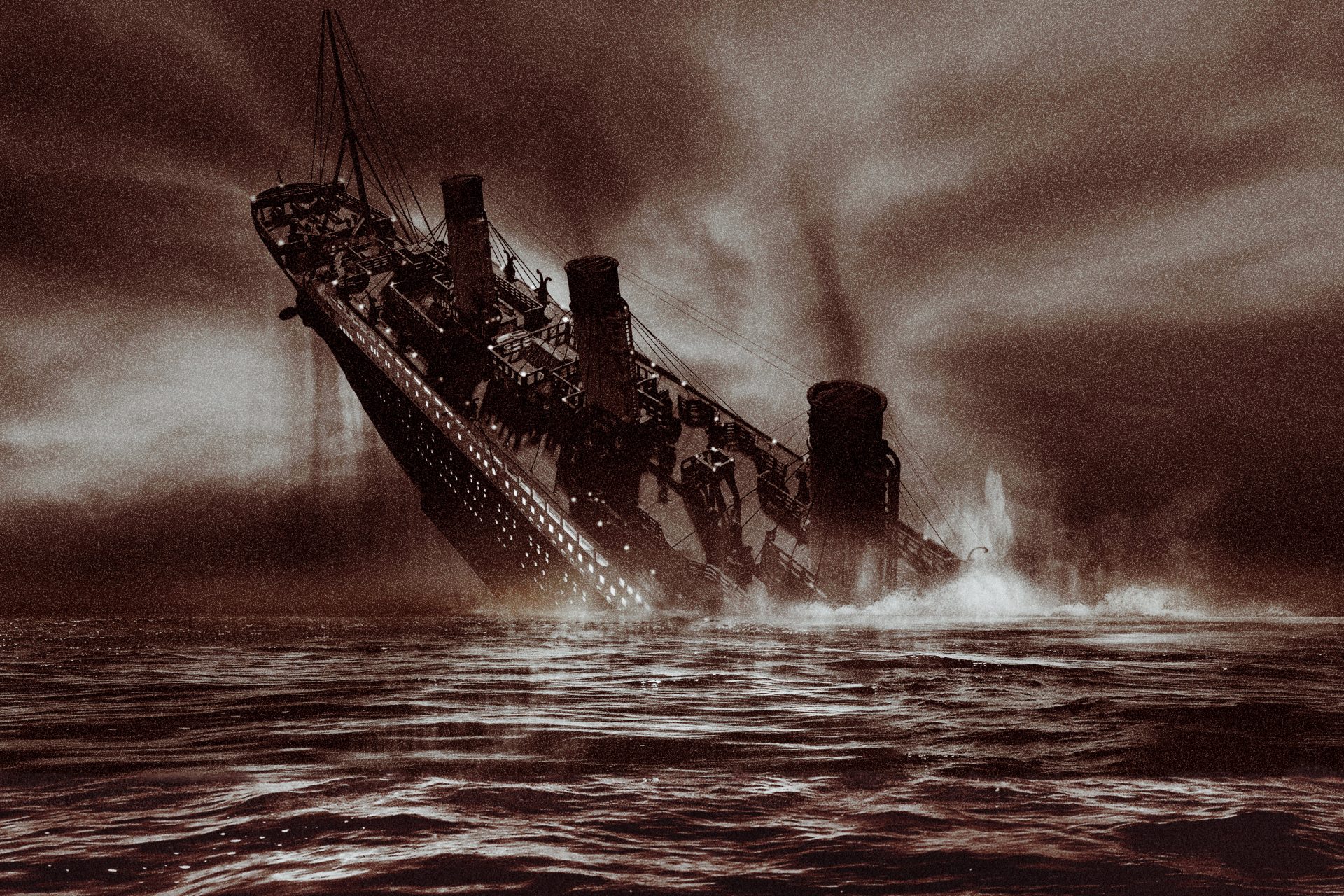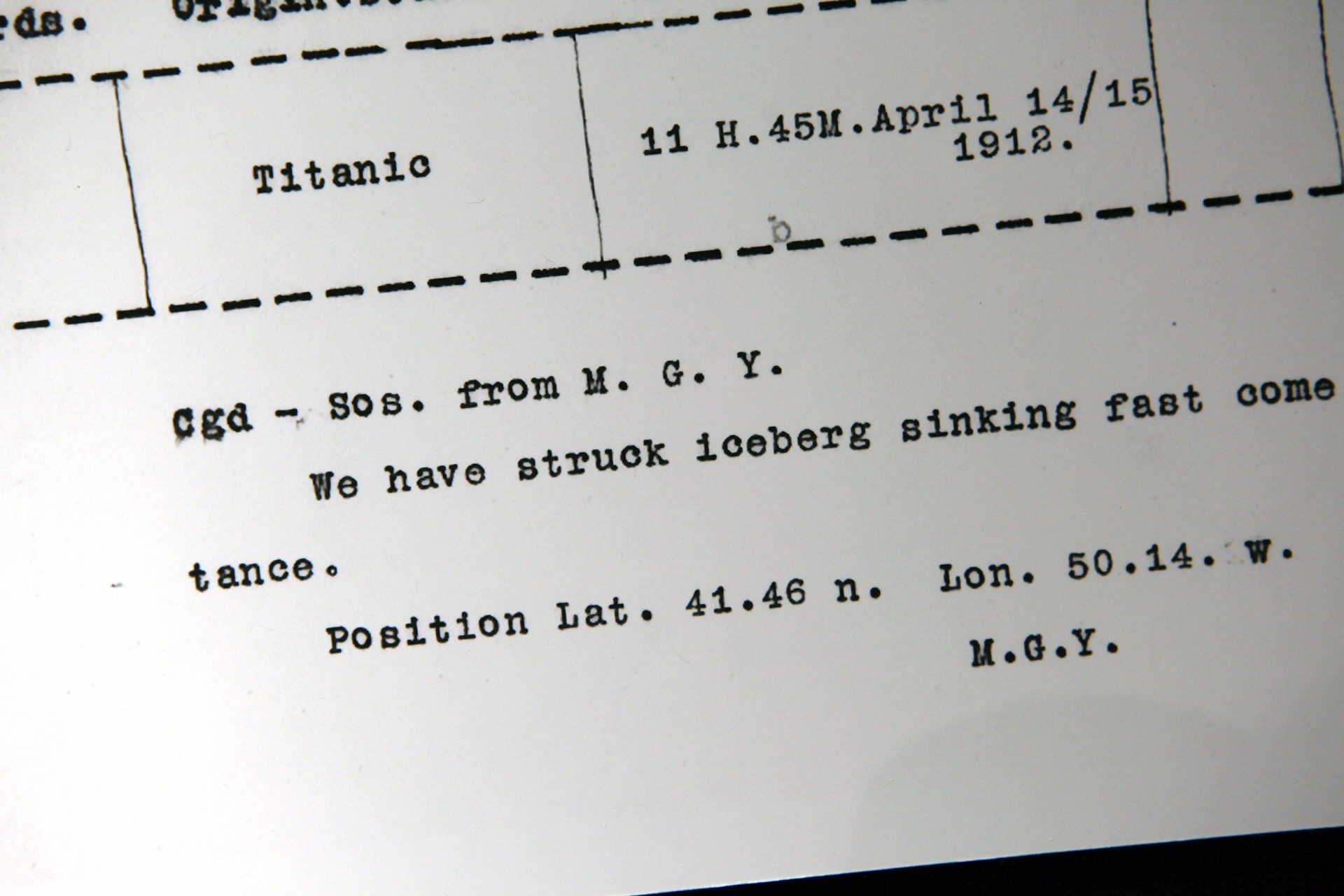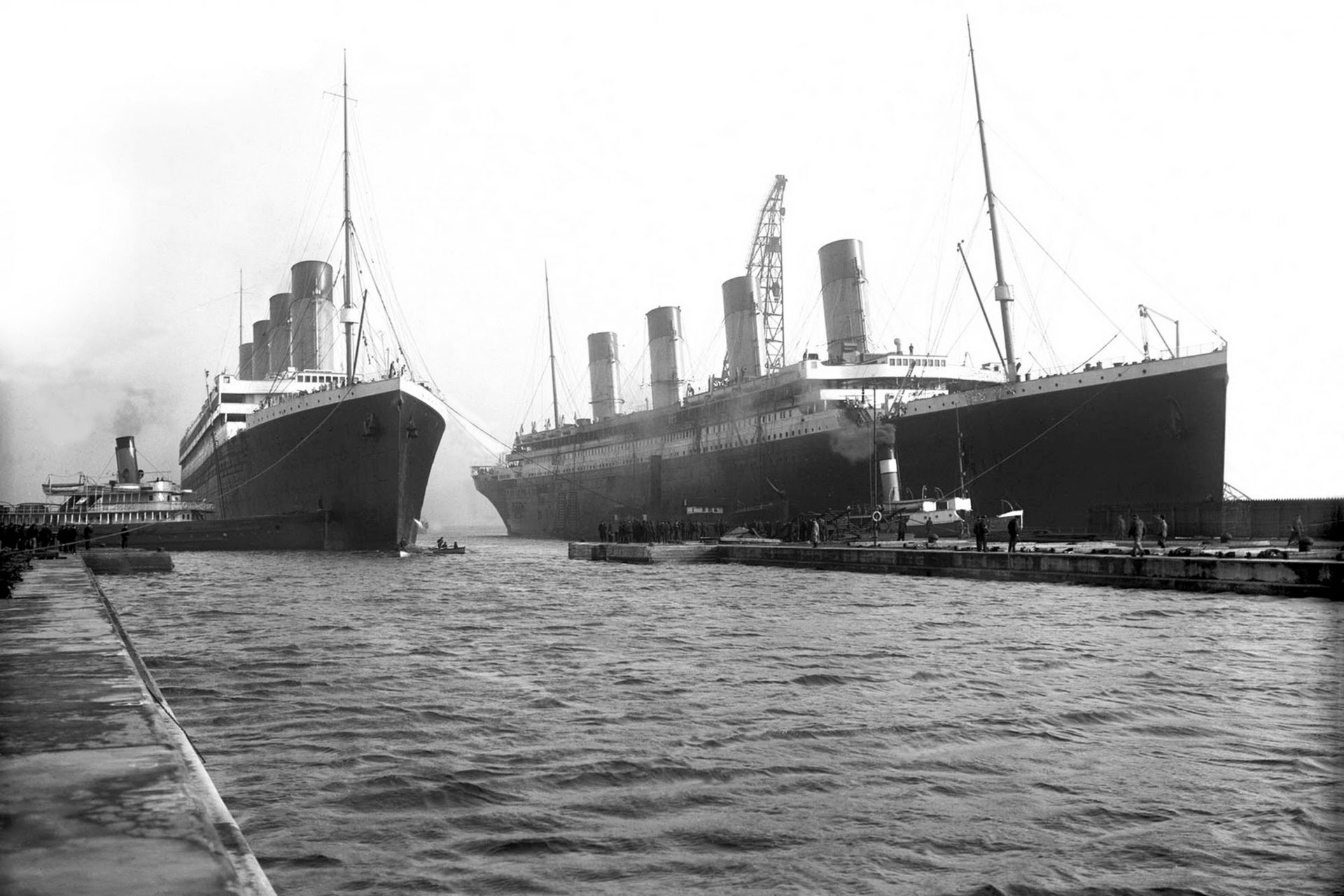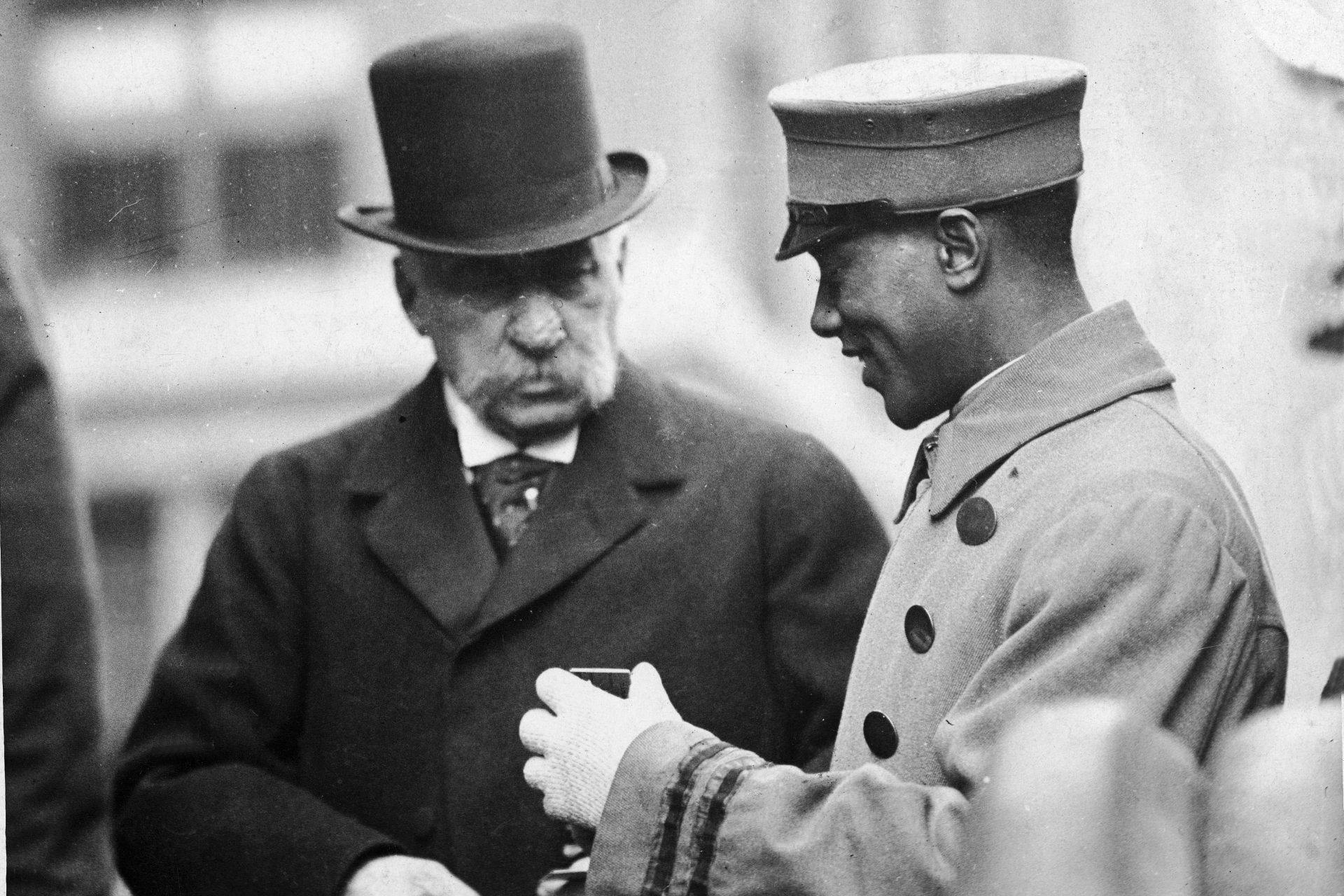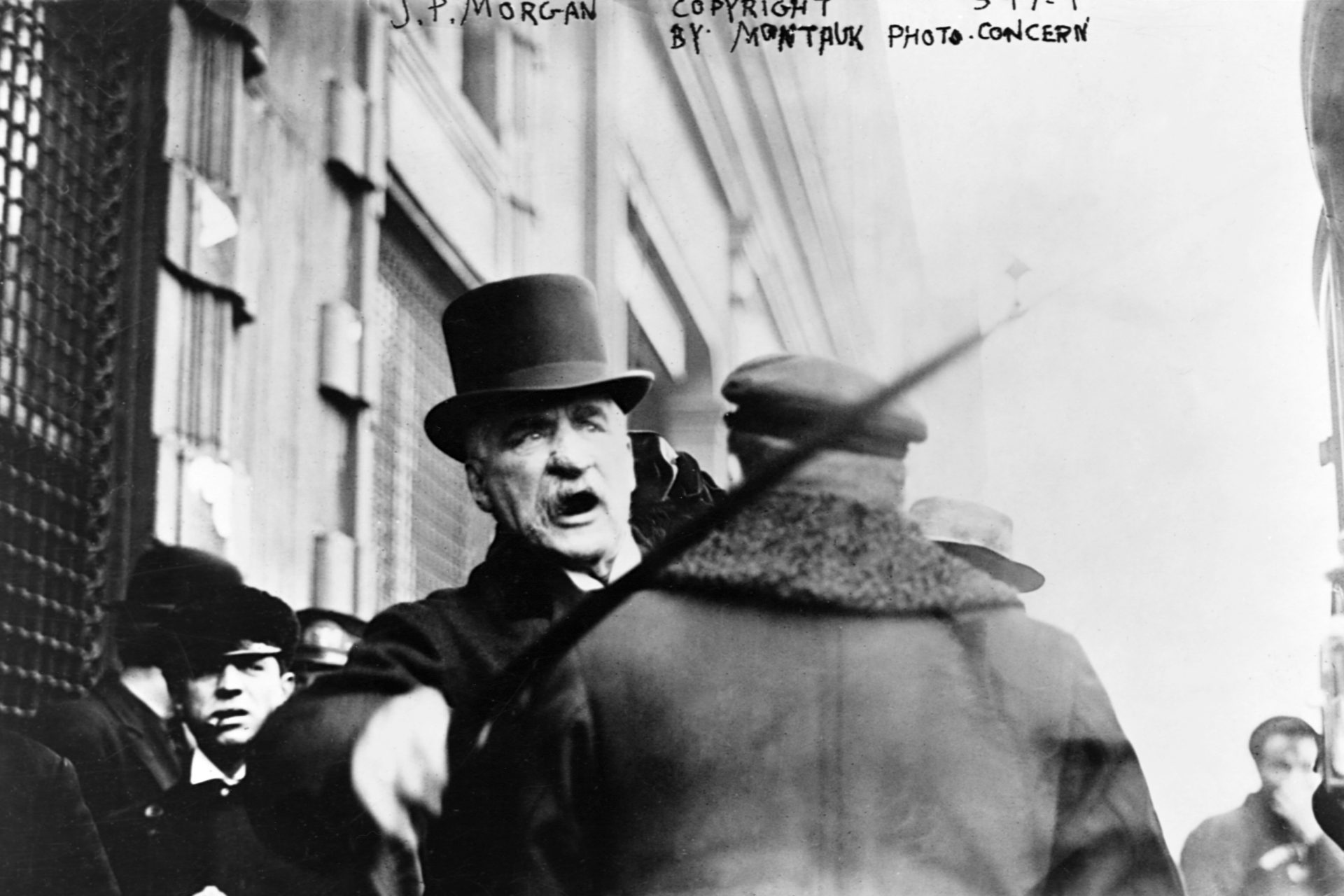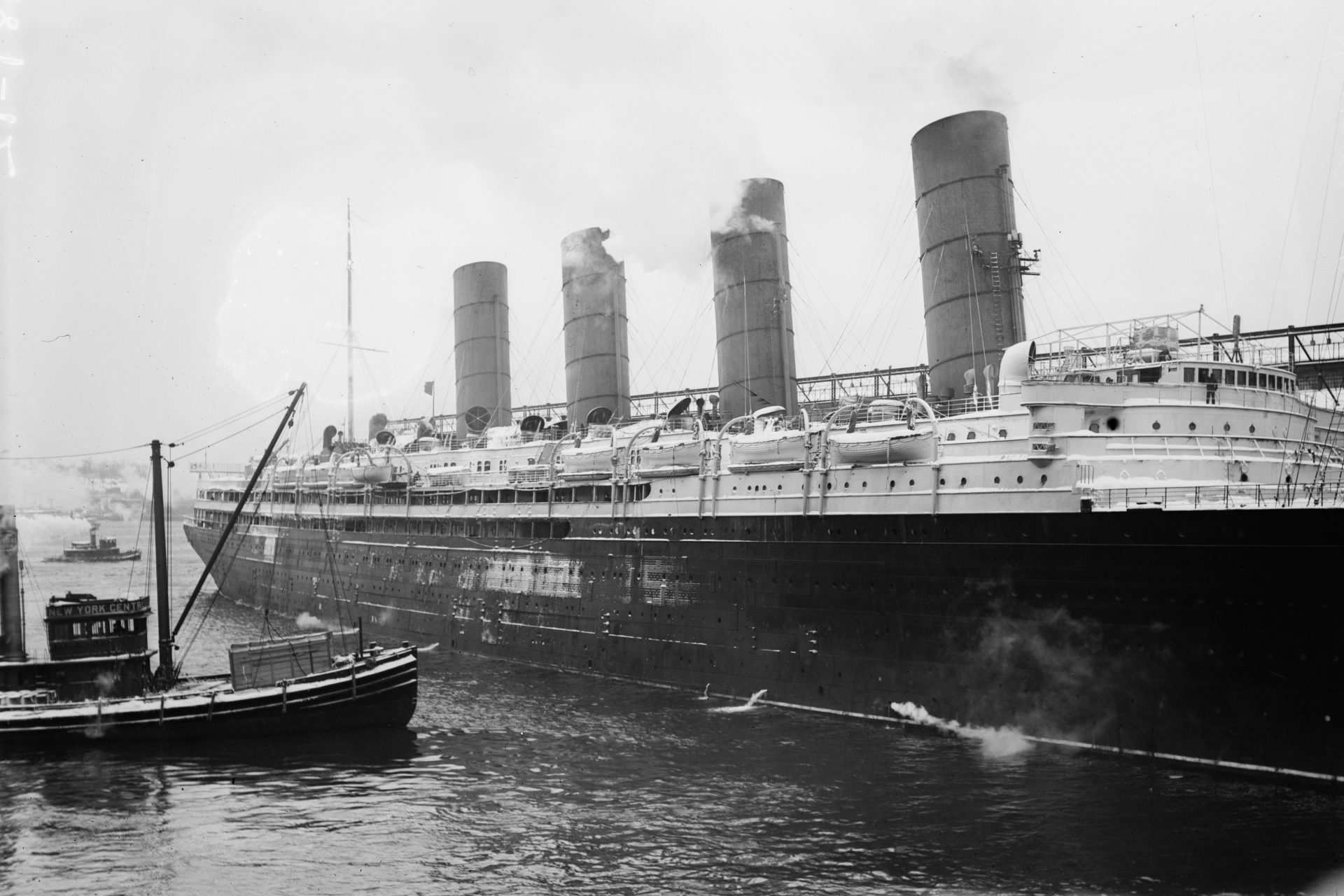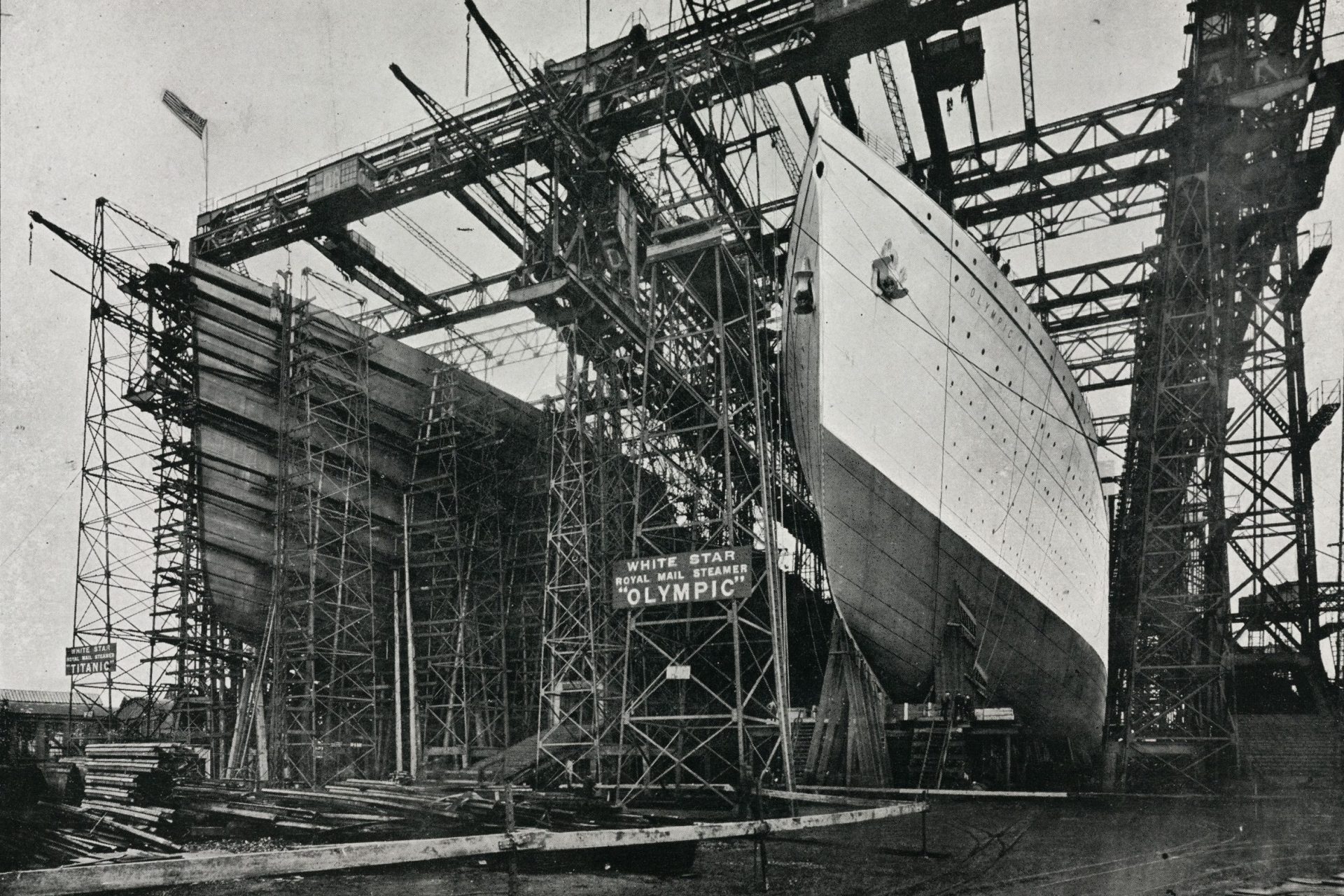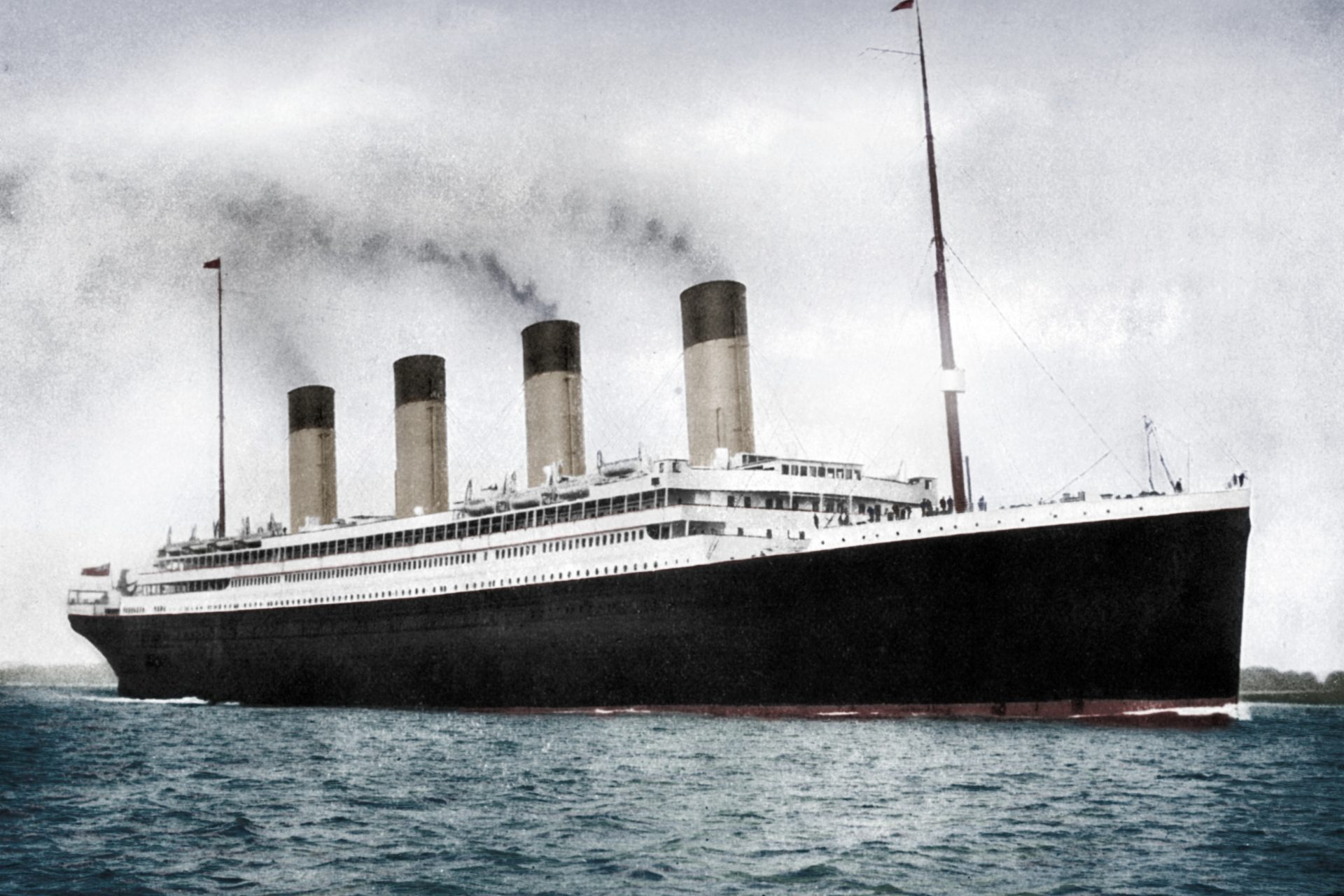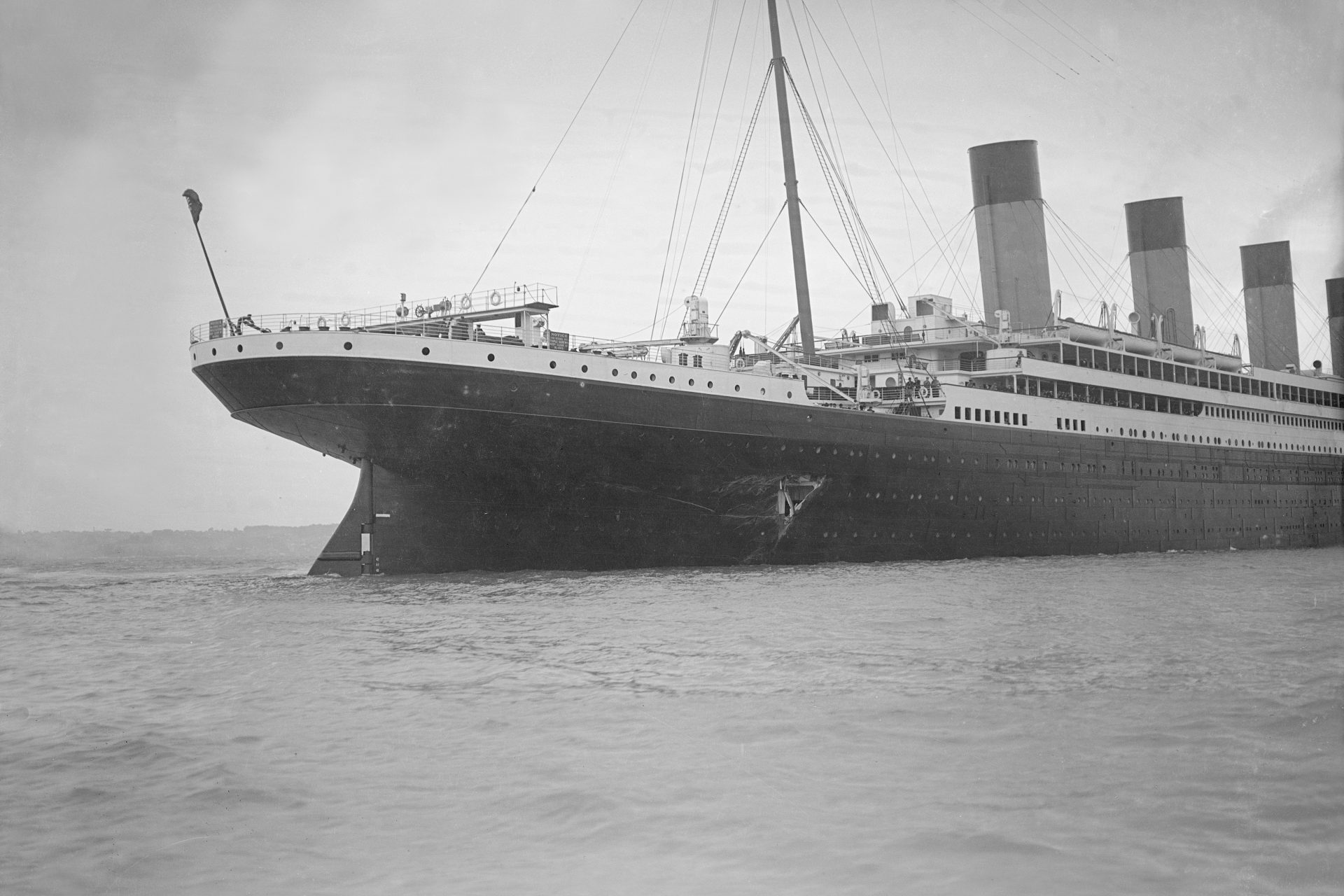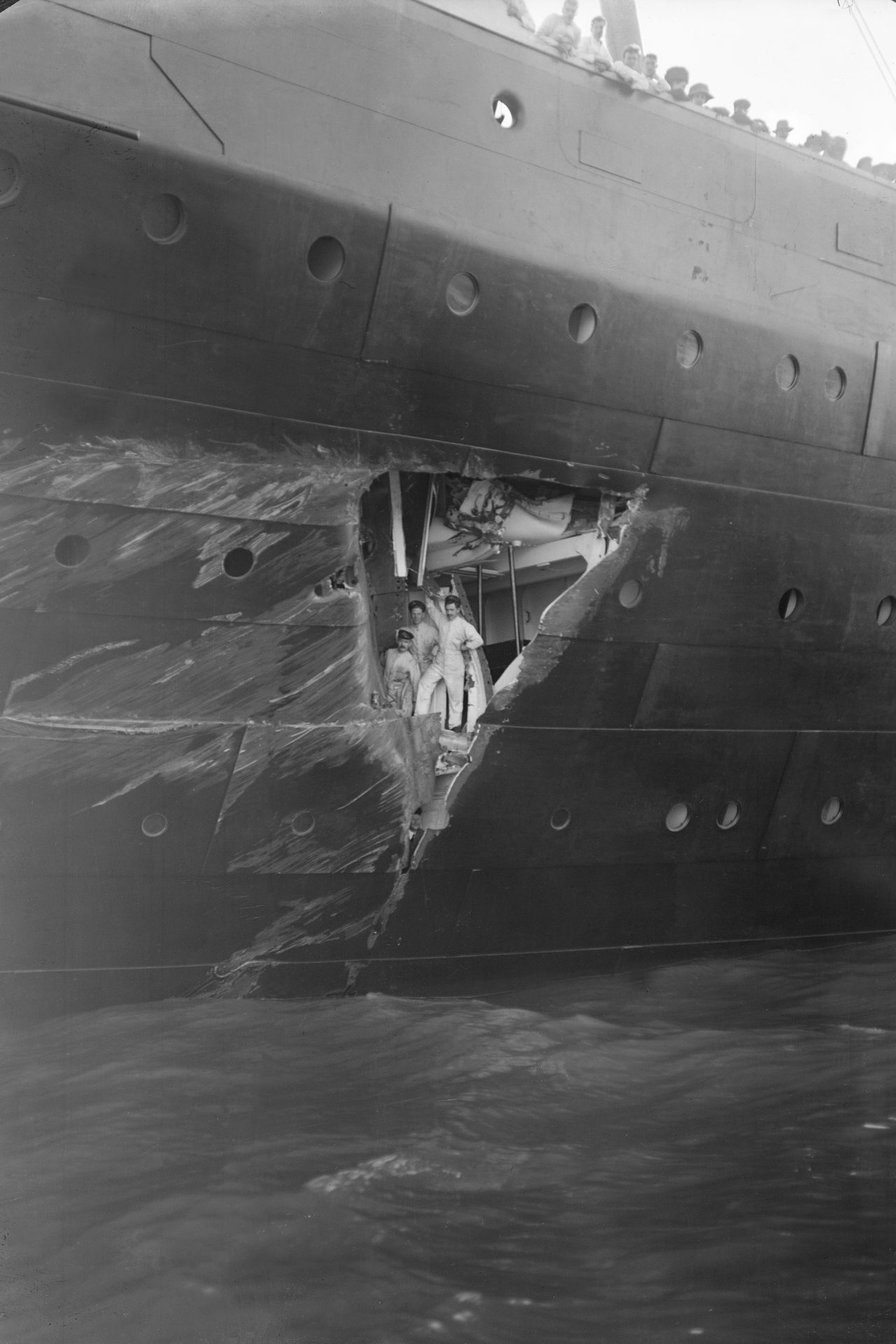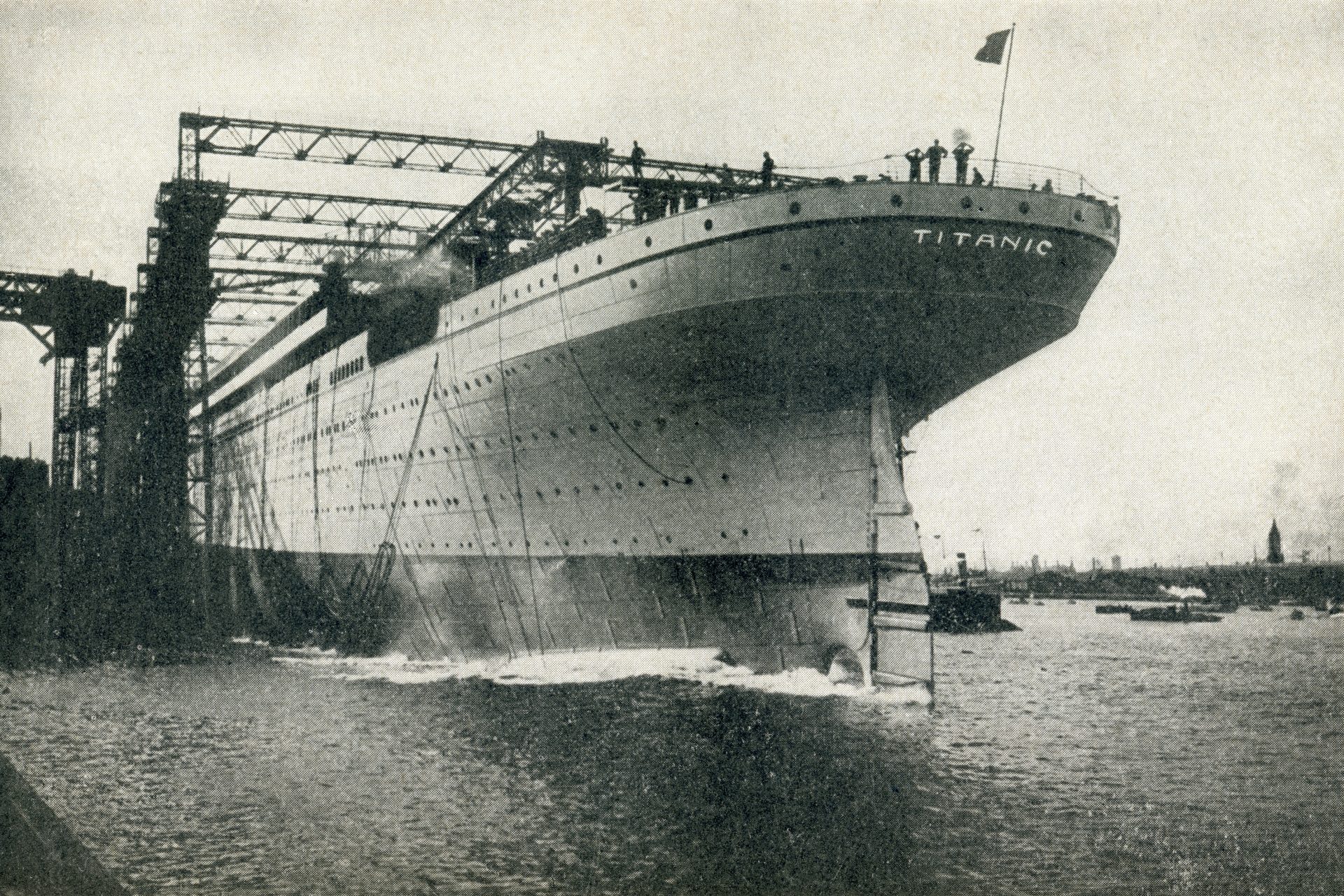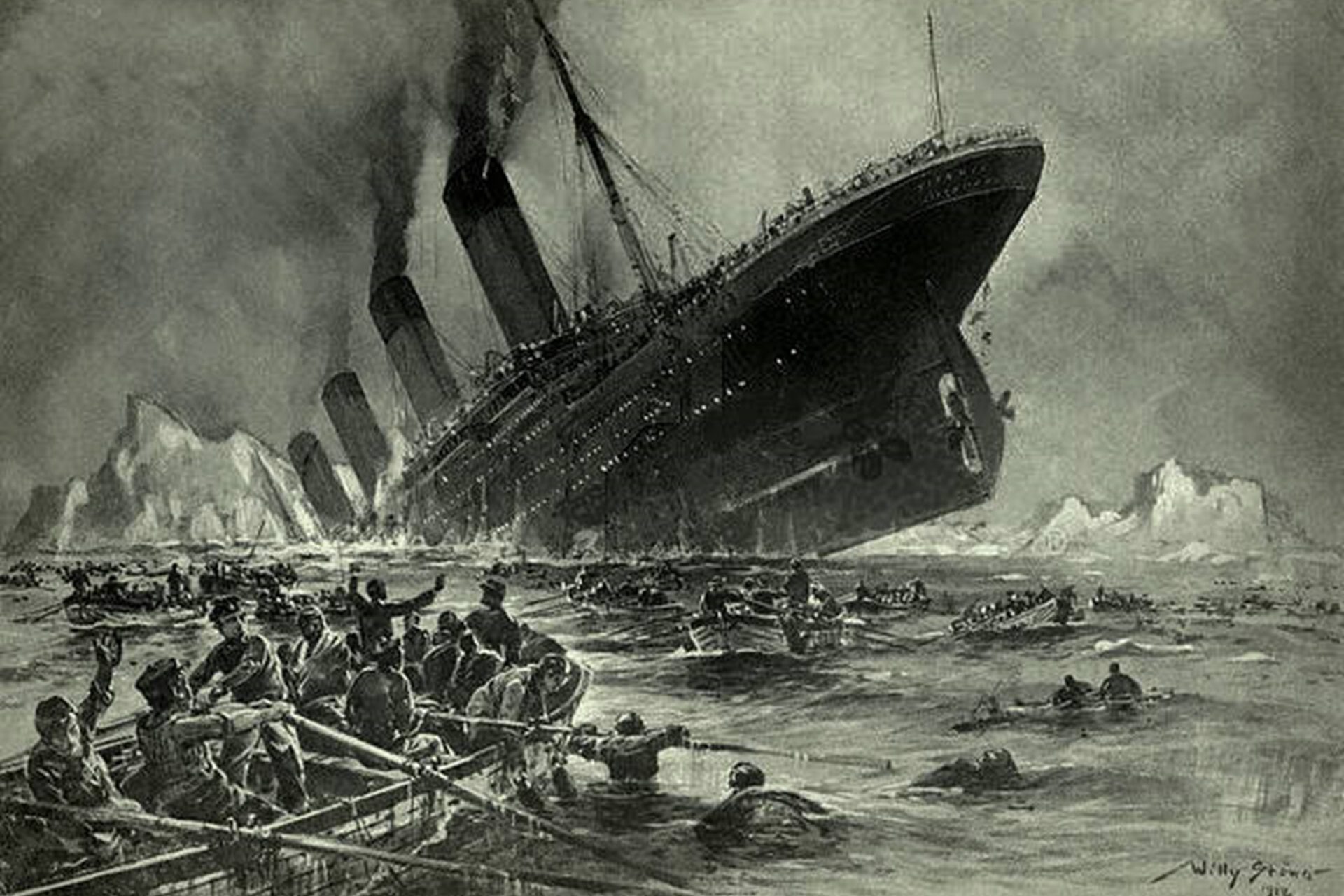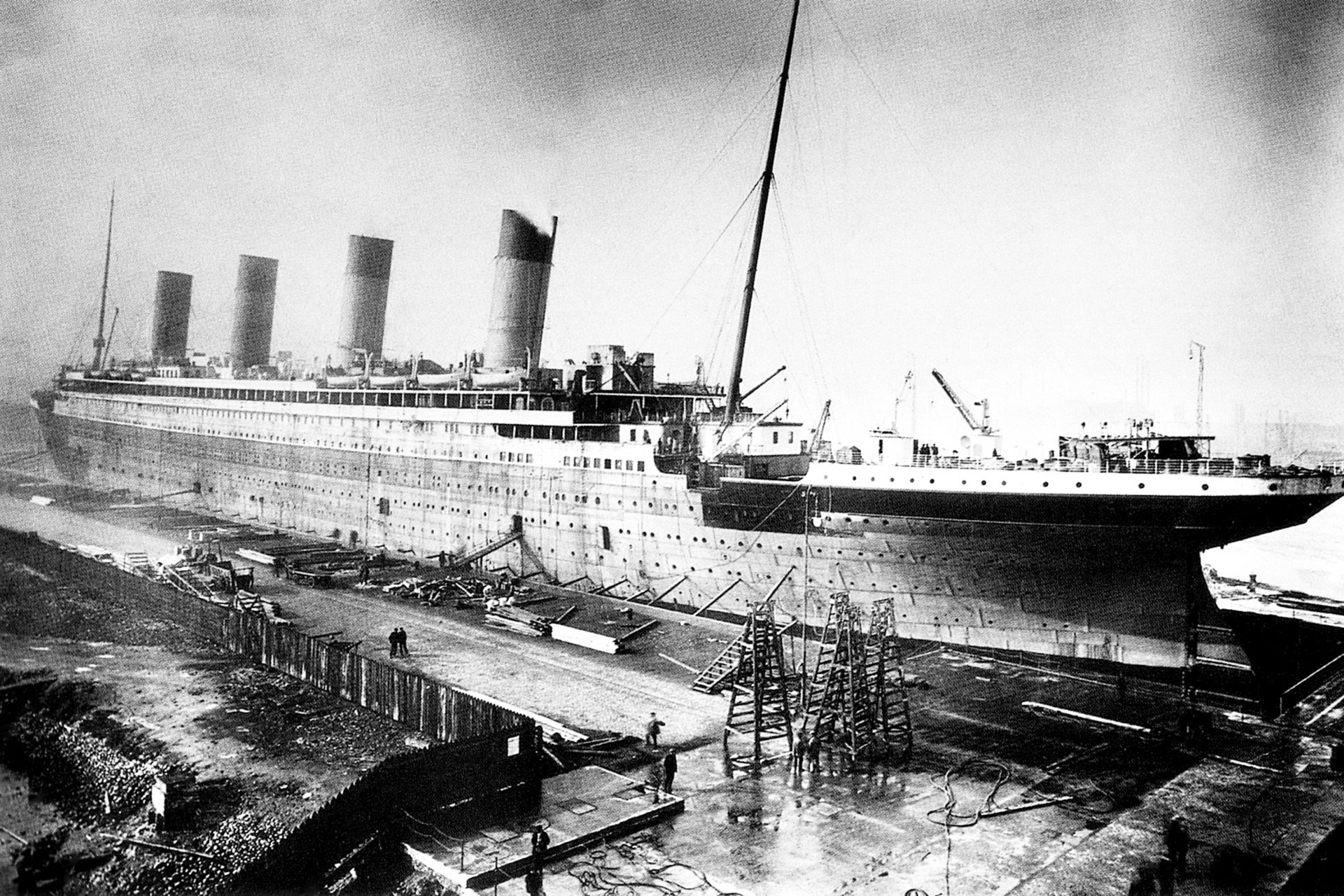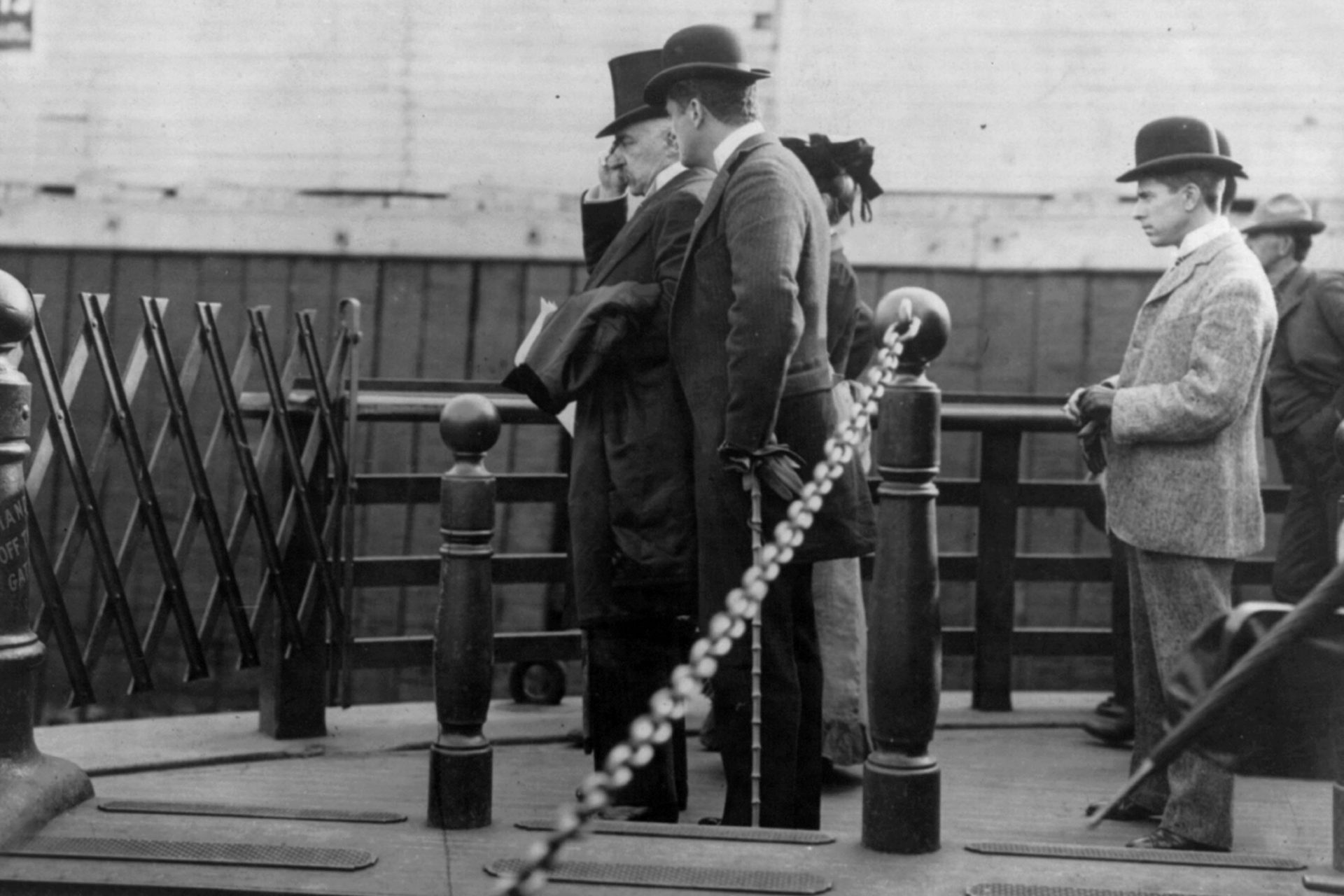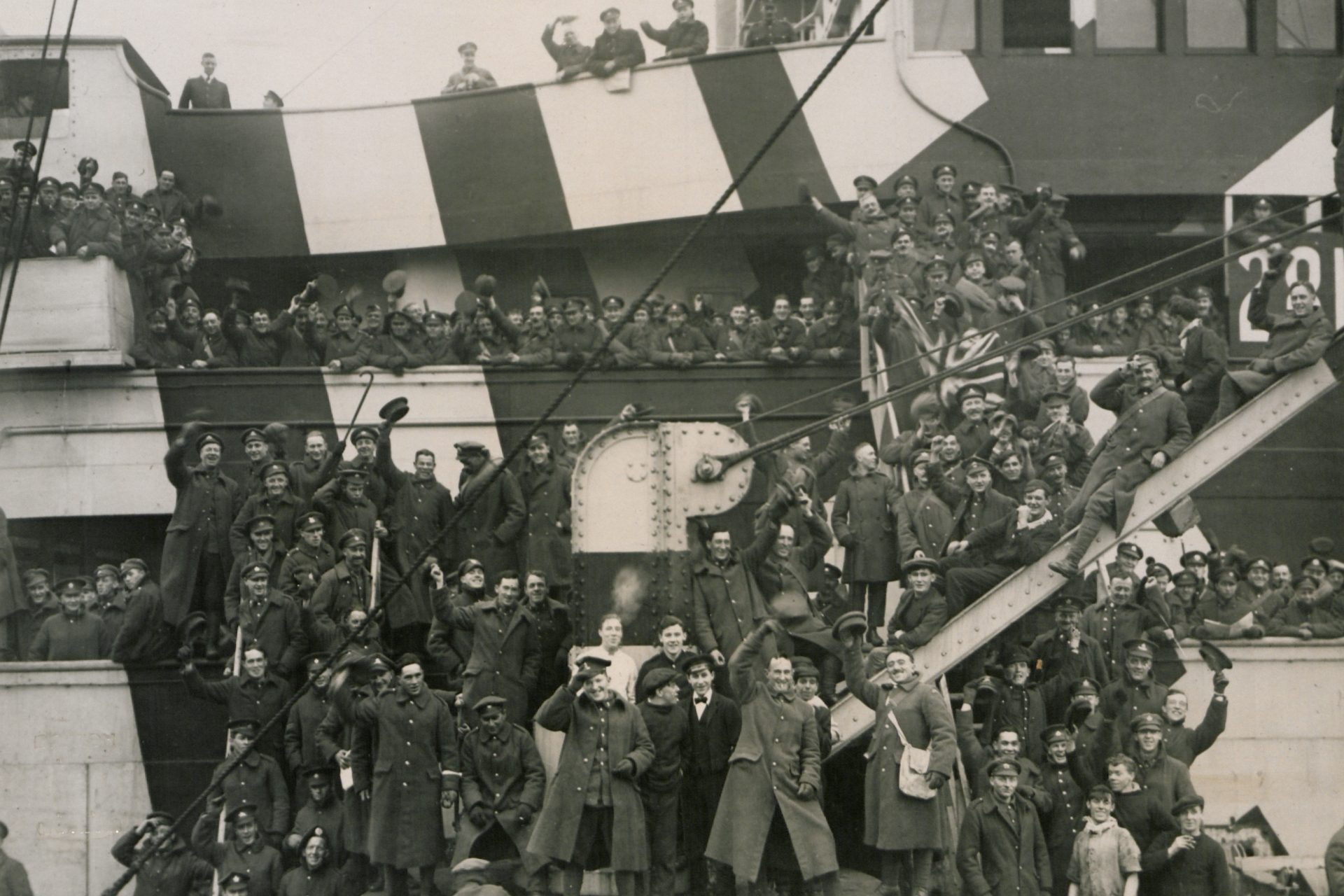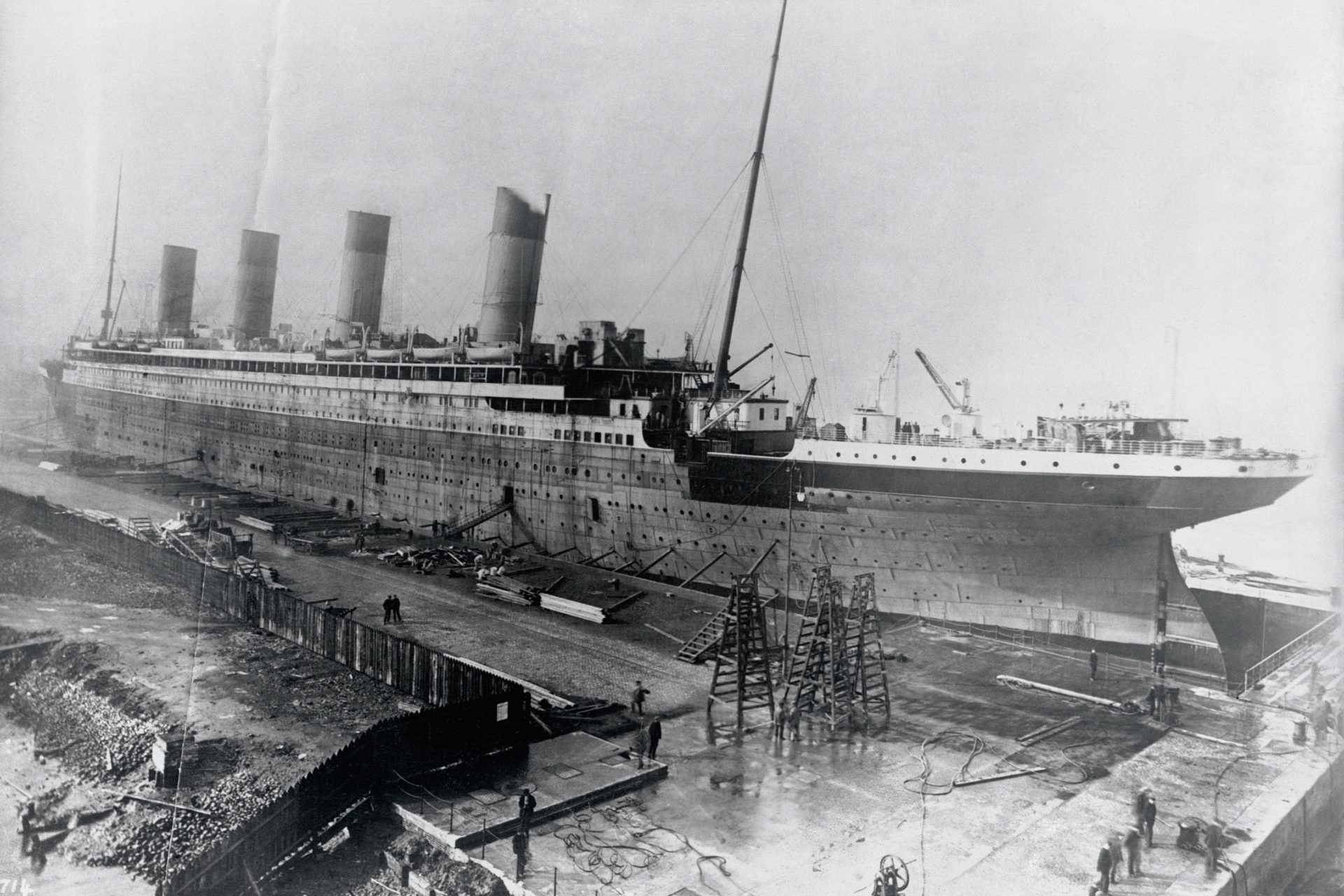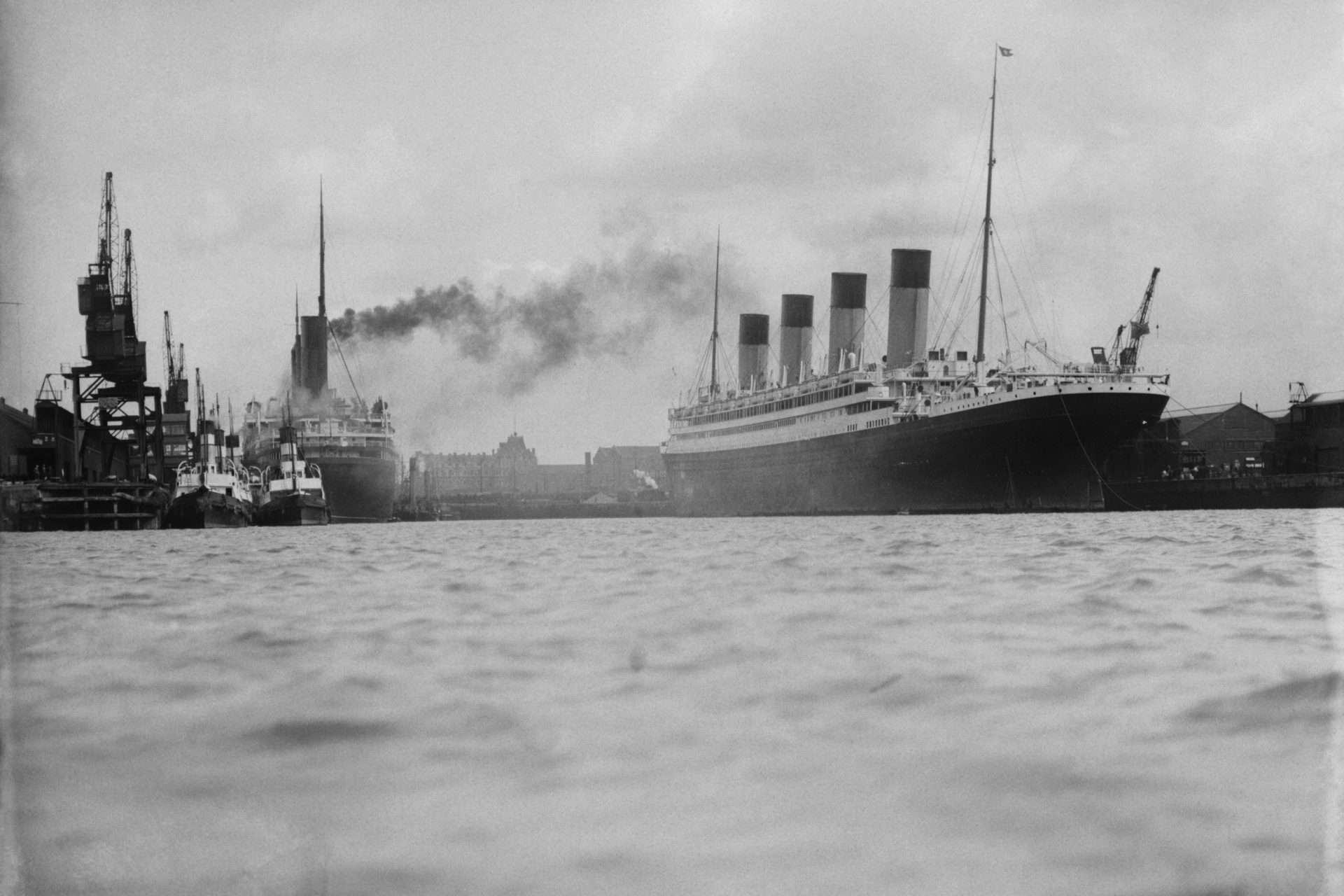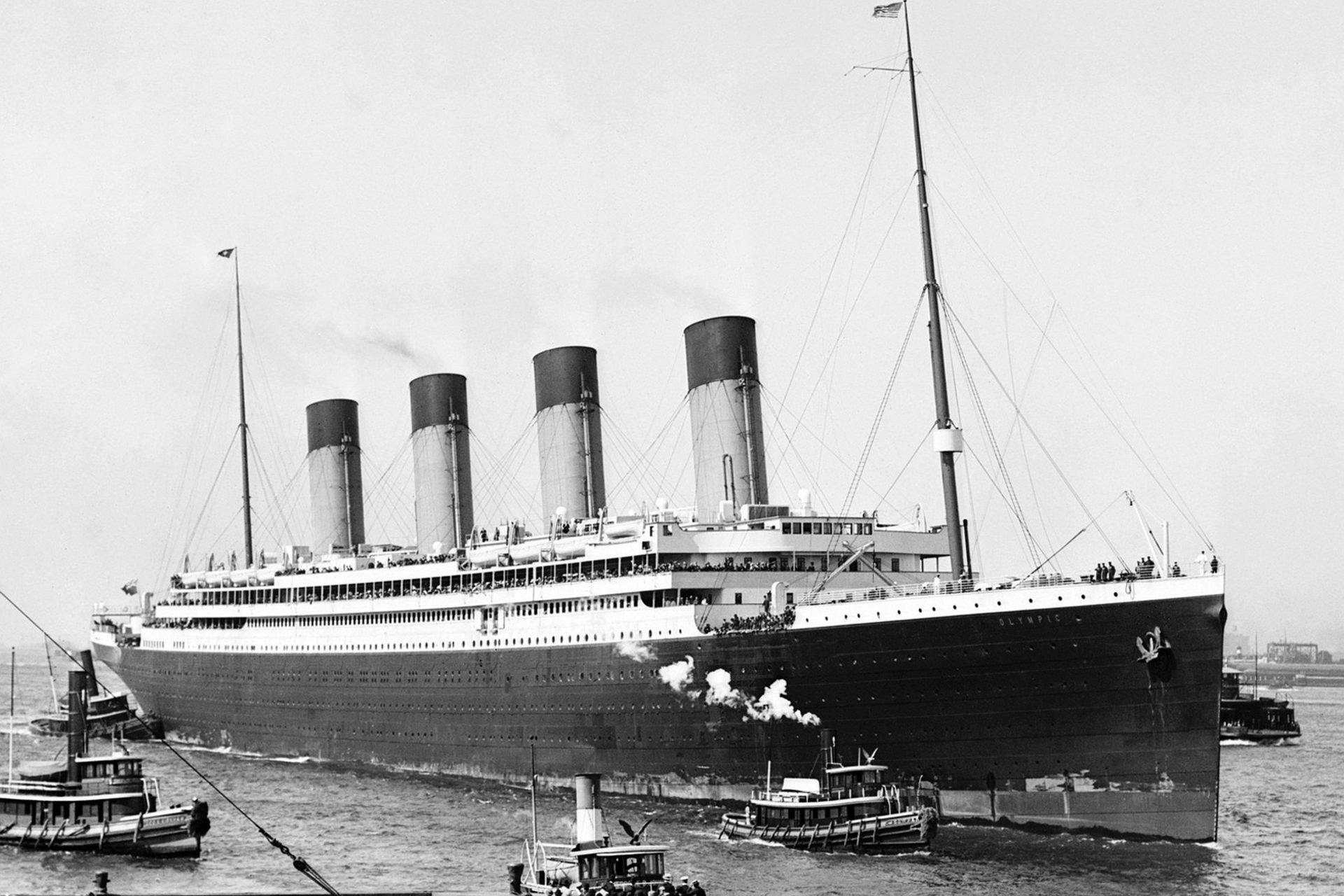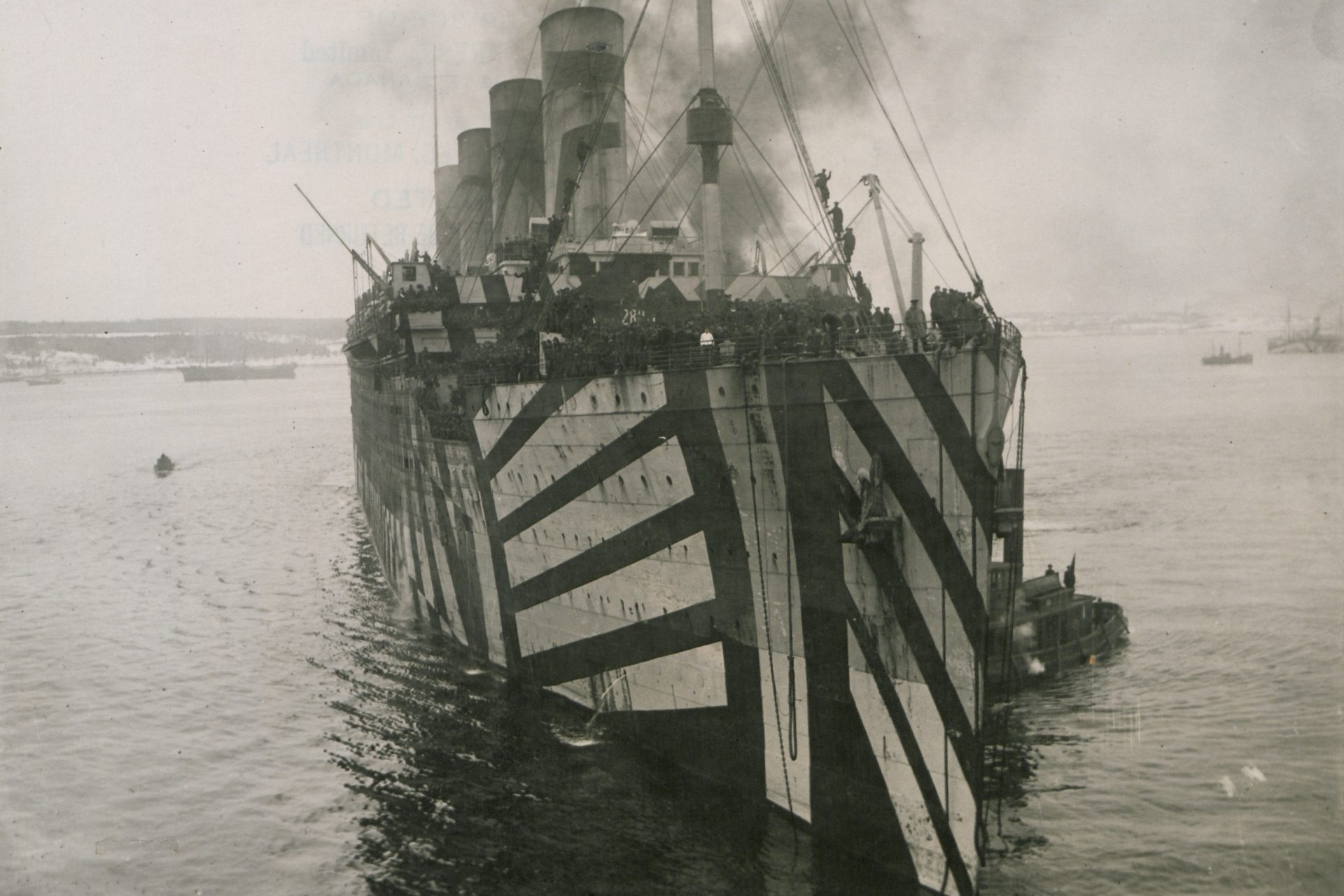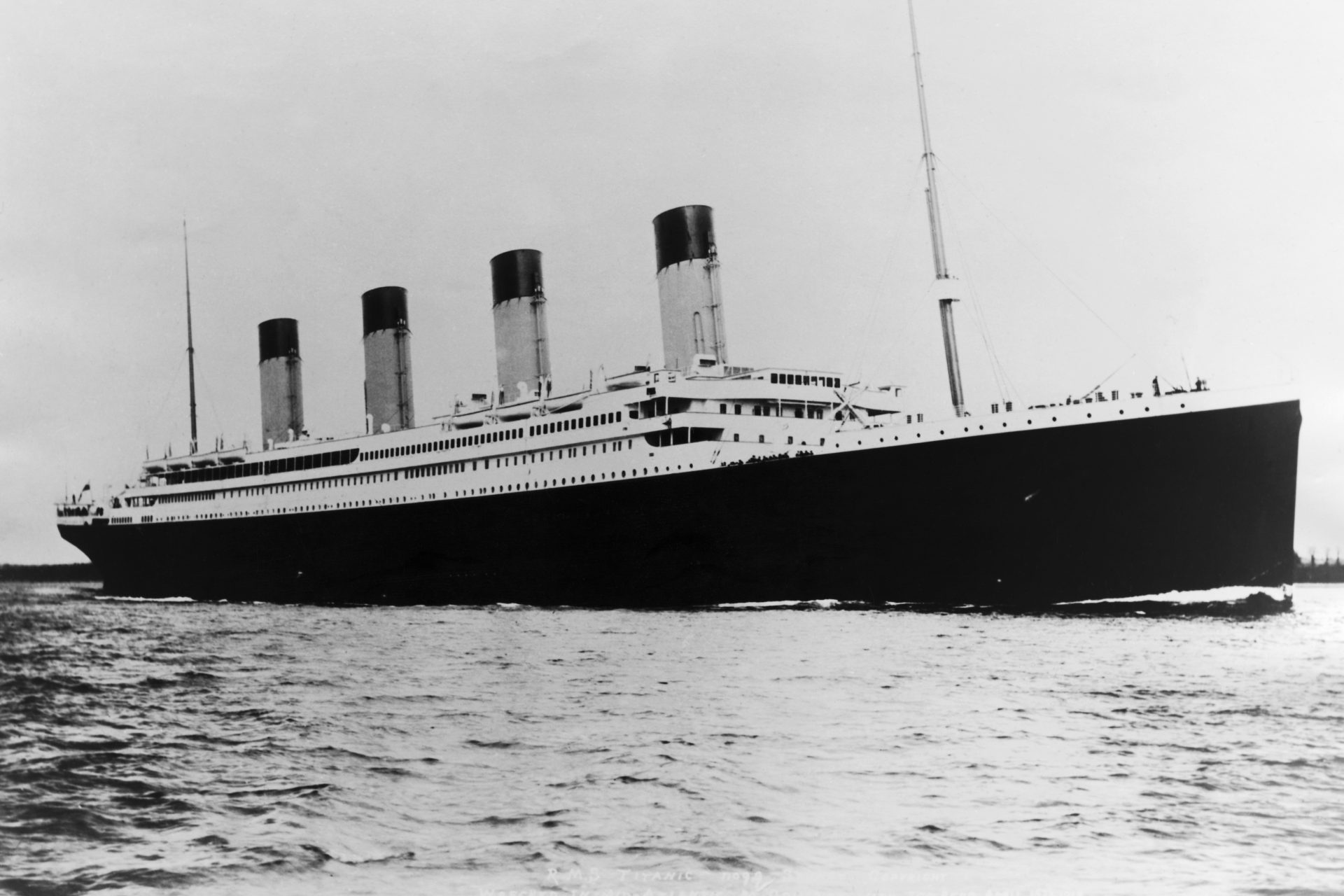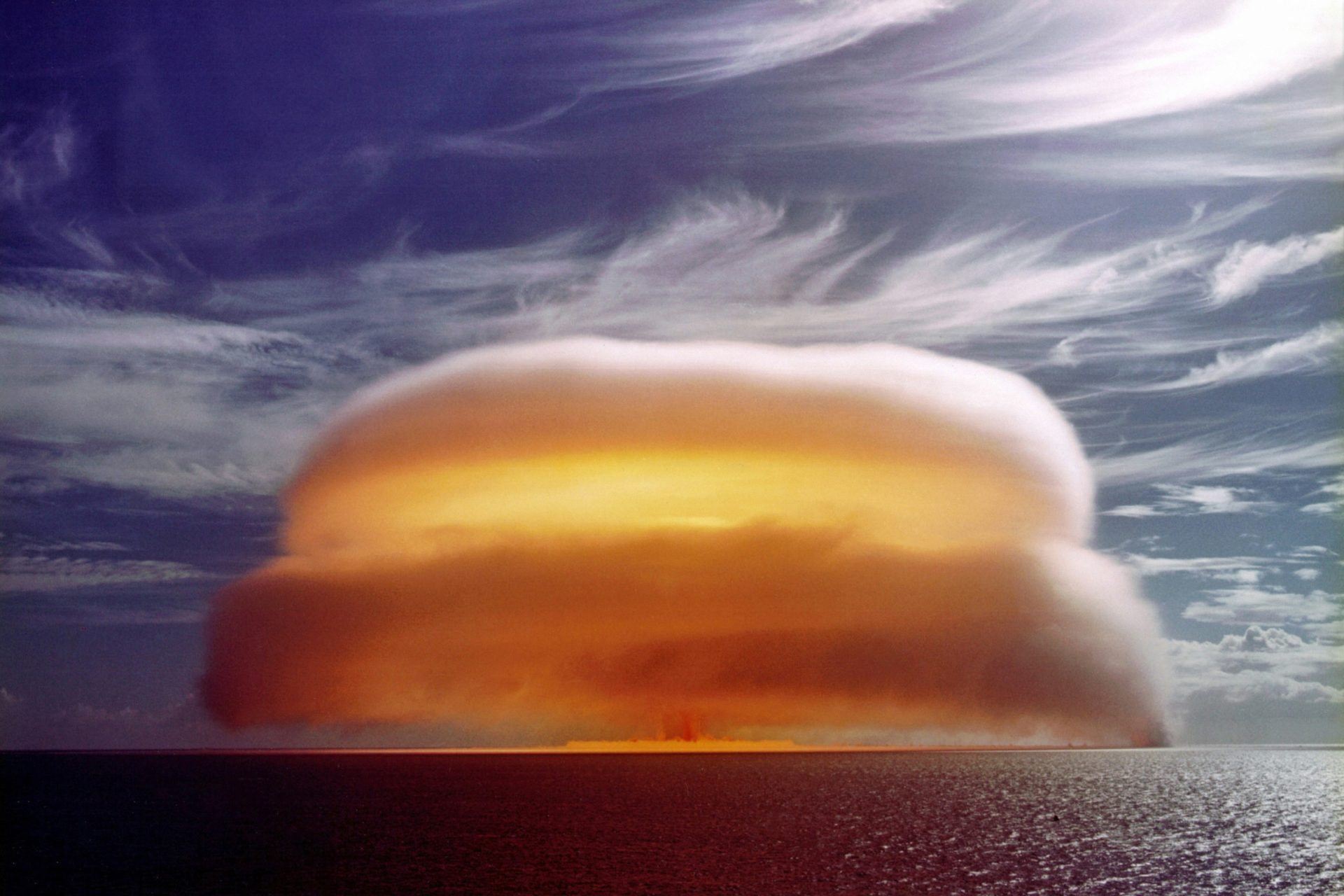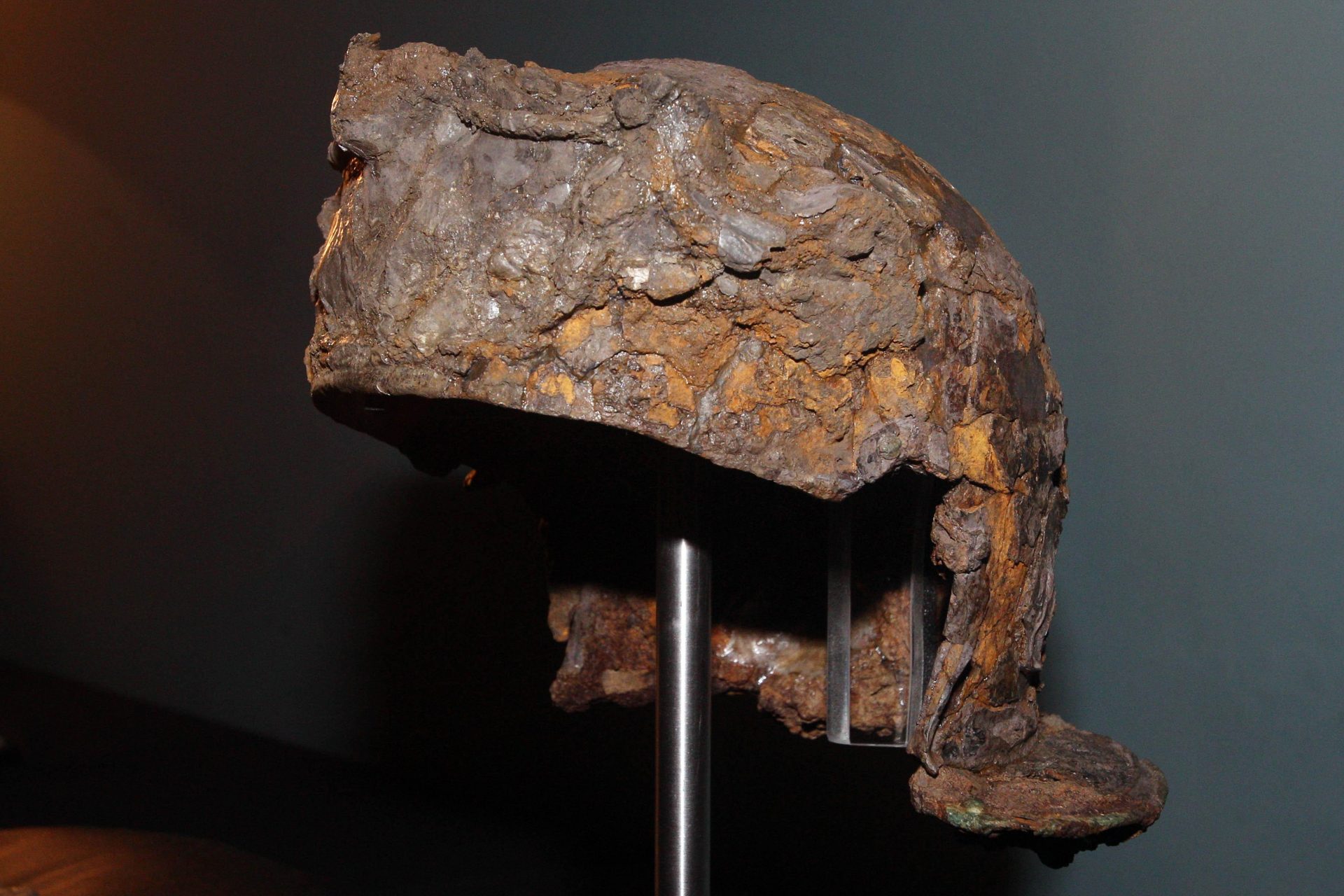The wild Titanic conspiracy theory: did the ship never sink?
1,496 people out of the 2,208 on board lost their lives and the ship ended up at the bottom of the sea, where it remains sunken more than a century later. The question is, was the Titanic really the ship that sank?
Follow us and discover content that interests you every day
Sounds crazy, right? Well, there is a theory that maintains that the ship that sank that fateful morning was not the Titanic, but the Olympic. And yes, everything has an explanation or, at least, the explanation offered by those who support this conspiracy theory.
According to an article on the subject published the History Channel's website, this conspiracy theory points directly to JP Morgan, who subsidized the construction of both ships.
This theory accuses Morgan of having exchanged one ship for another, with the intention of collecting the insurance payment, pointing out the accident as a scam that got out of hand.
To expose this version of events, we must travel to the beginning of the 20th century, when the British White Star and the Cunard Steamship Company competed to have the largest passenger ships in the world. A competition that, in the beginning, the Cunard Steamship Company was winning thanks to Lusitania (in the photo) and Mauretania.
To surpass them, White Star had been acquired by International Mercantile Marine Co. (IMM), a holding company financed by JP Morgan, which would give them free rein to build the three largest and most luxurious ships of the moment: the Olympic, Titanic and Britannic.
As highlighted by Popular Mechanics, the Olympic was the first to be completed, and in 1910, it was already a global benchmark, and its first four voyages were a success on all levels.
But September 1911 arrived, and the Olympic, on its sixth voyage, ended up colliding with a warship, which was drawn too close to the vessel by the suction of the liner.
The damage to the Olympic was enormous, to which the judge added an unfavourable verdict, which prevented the cost of repairing it at the Harland & Wolff shipyard from being covered by insurance. This is where the conspiracy theories begin.
According to this version of events, the second ship built would become the Olympic, while the original and damaged Olympic would be renamed Titanic.
Conspiracy theorists believe that the "Titanic" (actually the Olympic) was then sent to sink and thus be able to collect the relevant insurance compensation (while killing a huge amount of passengers!). But the iceberg would have ruined any insurance collection plans.
Image: By Willy Stöwer - Magazine Die Gartenlaube, en:Die Gartenlaube and de:Die Gartenlaube, Public Domain
According to historian Mark Chirnside, in a piece published in IFL Science, the Titanic cost 7.5 million dollars and was insured for 5 million, a figure that was confirmed by the vice president of IMM, Philip AS Franklin. But why insure the boat for less value than it had?
As History points out, there is an even bigger conspiracy theory, which suggests that JP Morgan wanted the Titanic to sink because all his enemies were on said ship, who opposed the launch of the US Federal Reserve against the financier's interests.
Obviously, to defend these accusations, widespread on sites like Reddit, conspiracy theorists provide a series of 'evidence' that many people accept.
For example, the fact that the Titanic was not allowed to be examined before its maiden voyage for fear that it would be seen that it was, in fact, the Olympic.
Even in some forums you can find photos of the Titanic under construction and of the same ship on the day of its maiden voyage, pointing out the elements that are revealed to be different from one moment to another.
What's more, researchers Steve Hall and Bruce Beveridge published the book 'Titanic or Olympic: Which Ship Sank?' in 2012, in which the number of portholes on each ship is one of their big bets to support the exchange of ships theory.
A theory that, however, seeks to be dismantled by Mark Chirnside in several of his books, using several plausible arguments. For example, "it is simply impossible to pass off a year-old boat as a new one."
The reality is that IMM would end up declaring bankruptcy two years after the Titanic accident. Or the Olympic. Whichever ship sank, we must admit that we did not see this conspiracy theory coming.
More for you
Top Stories



